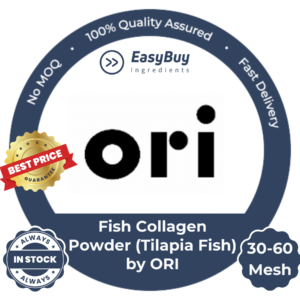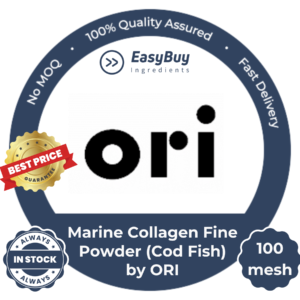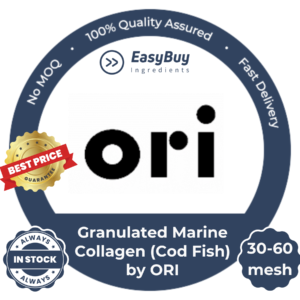Collagen peptides are short chains of amino acids derived from collagen through hydrolysis. They support skin hydration, joint health, muscle recovery, and gut integrity, making them popular in beauty, fitness, and wellness applications.
At EasyBuy Ingredients , we provide the Highest Quality Collagen peptides with Molecular Weight between 1000-1100 KDa, providing Exceptional Bioavailability for your applications.
All Products
Blogs: Ingredient Information

What Makes Marine Collagen Peptides a Superior Choice for Clean Label Products?
September 10, 2024
No Comments
Read More »
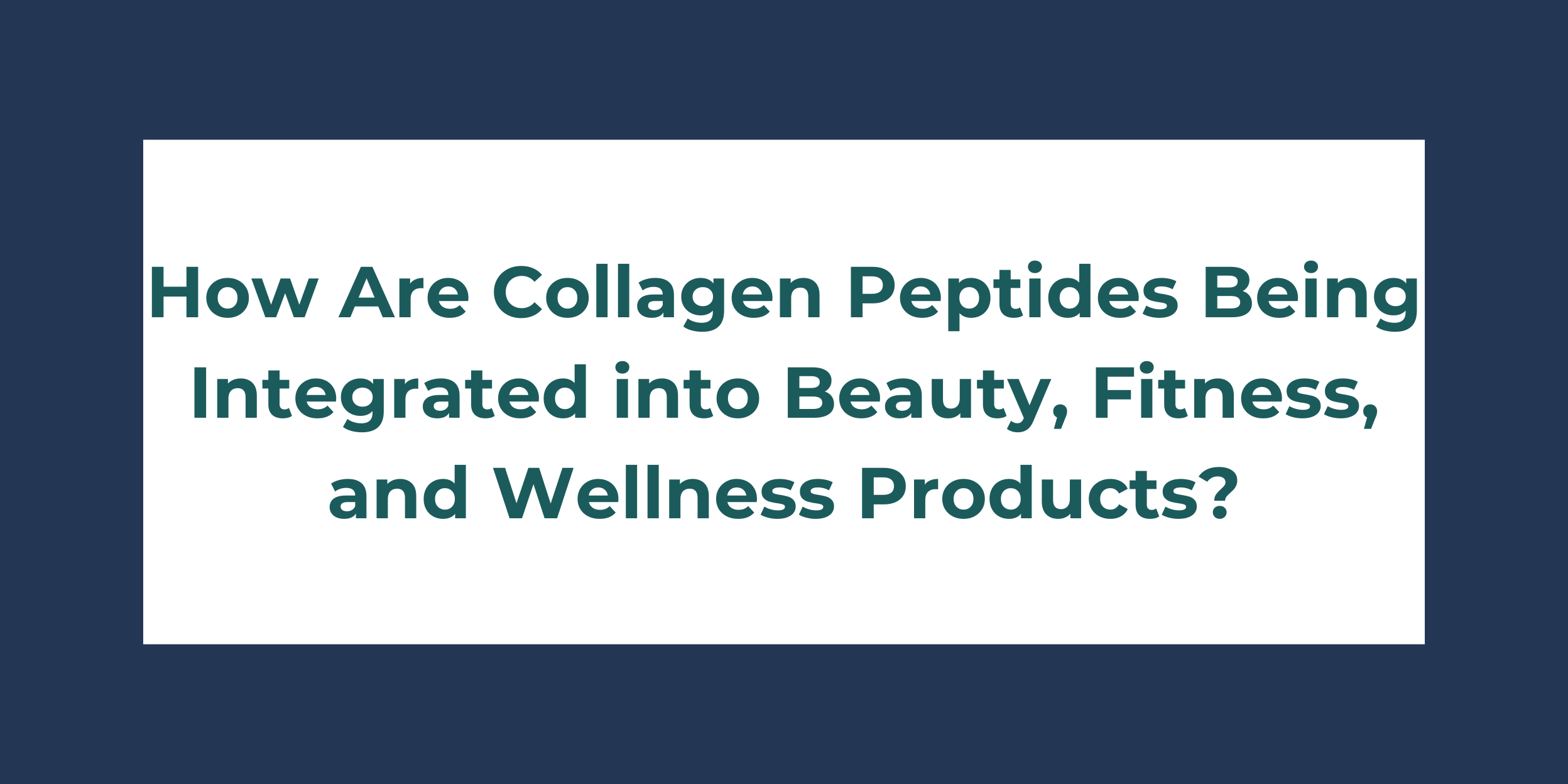
How Are Collagen Peptides Being Integrated into Beauty, Fitness, and Wellness Products?
September 6, 2024
No Comments
Read More »
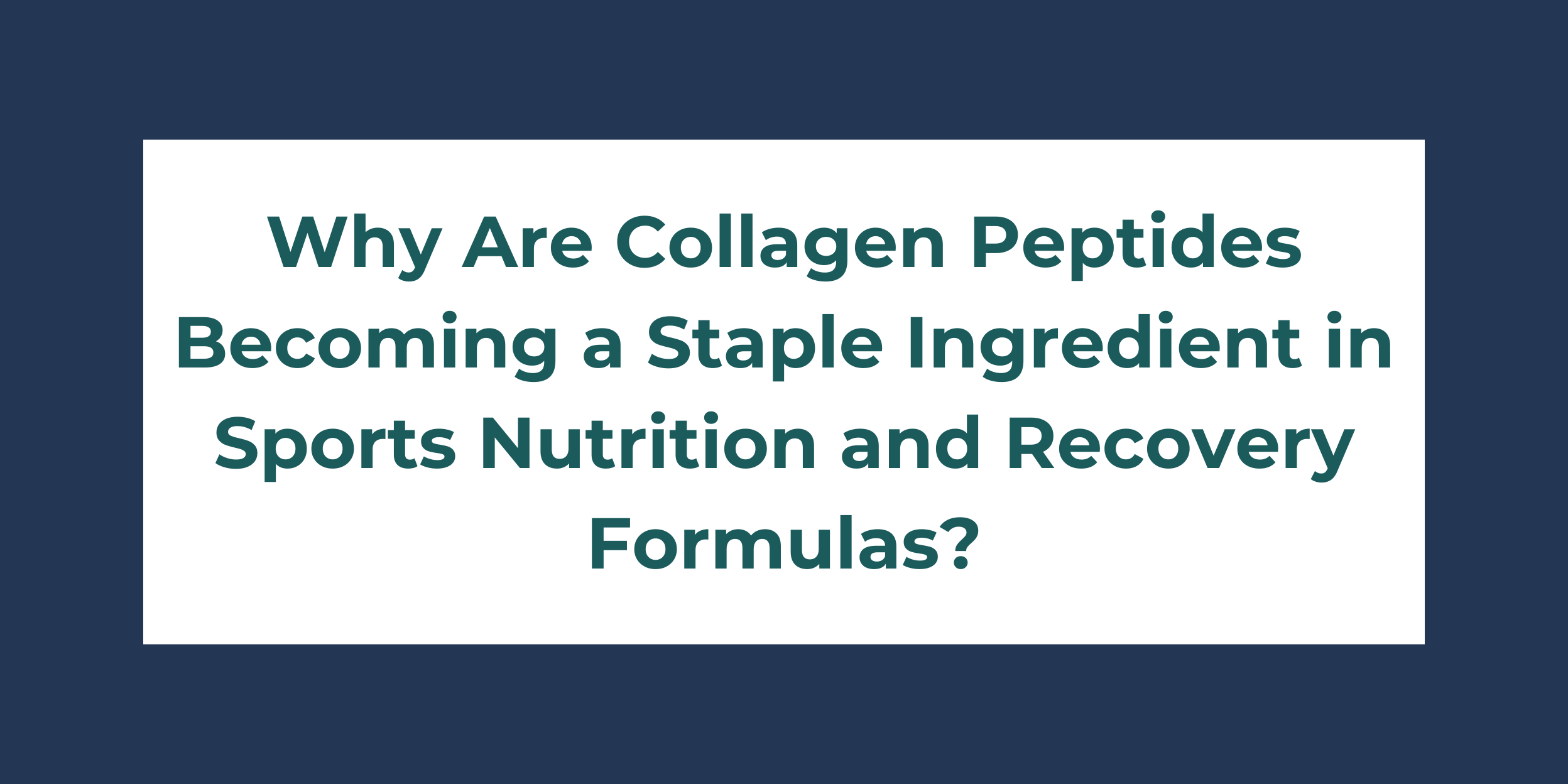
Why Are Collagen Peptides Becoming a Staple Ingredient in Sports Nutrition and Recovery Formulas?
September 4, 2024
No Comments
Read More »

Navigating Collagen Regulations and Quality Standards Across Global Markets
May 25, 2024
No Comments
Read More »

Collagen Peptides: Improving Product Texture and Nutritional Profile
May 25, 2024
No Comments
Read More »
Blogs: Ingredient Application

Collagen Peptides: what are the Applications and Advantages?
September 2, 2024
No Comments
Read More »

